There are educators everywhere working to teach the next generation of sustainability minded students. Whether in formal settings (K-12, undergraduate, graduate) settings or informally as science communication now it is more important than ever to work towards advancing Conservation Tech education.
The United Nations released the 17 Sustainable Development Goals (SDGs) which have served as a framework for educators in this space. Educating with a sustainable focus is a challenge whether you are interested in engineering, public policy, AI, or behavioral biology and we hope that this group will help you grow and exchange your ideas with other current and future educators.
This WILDLABS group has been set up by folks who are working to develop education toolkits, platforms, modules, and more in the conservation space. These tools can be at any level of development.
We hope you will become part of this group to share case studies, exchange ideas, and work towards developing a curriculum for future conservation tool crafters.
Current Examples of Conservation Tech Education Resources:
CV4Ecology Summer Workshop:
- Website for Summer Camp Information,
- Applications Due December 15th for next cohort
- 2022 Material including Syllabus, Lectures, Invited Talks, Final Presentations
Tech Tutors from WILDLABS
- TechTutors Season 1, WILDLABS
- TechTutors Season 2, WILDLABS
- TechTutors Season 3, WILDLABS
Want to know more about Conservation Technology education resources? Make sure to join the conversation in the WILDLABS Conservation Tech Training and Education group.
Additional Conservation Tech Courses:
- Tech4Wildlife @ Georgia Tech – Interdisciplinary and Project Based course on Conservation Technology
- MSc Wildlife Conservation Tech – Liverpool John Moores University Program
No showcases have been added to this group yet.
- @SolomonObiora
- | He/Him
NextGen Changemakers Initiative
Founder and Executive Director of NextGen Changemakers Initiative

- 0 Resources
- 1 Discussions
- 2 Groups
- @meredithspalmer
- | she/her
Yale University
Conservation, Innovation, Education
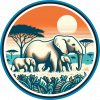


- 8 Resources
- 27 Discussions
- 9 Groups
Stop The Desert
Founder of Stop The Desert, leading global efforts in regenerative agriculture, sustainable travel, and inclusive development.

- 0 Resources
- 3 Discussions
- 8 Groups
WILDLABS & Wildlife Conservation Society (WCS)
I'm the Bioacoustics Research Analyst at WILDLABS. I'm a marine biologist with particular interest in the acoustics behavior of cetaceans. I'm also a backend web developer, hoping to use technology to improve wildlife conservation efforts.





- 41 Resources
- 38 Discussions
- 33 Groups
- @ginevrabellini
- | She/her
I am an ecologist by training and at the moment I work as community manager at the WiNoDa Knowledge Lab of the Museum für Naturkunde Berlin. As a data competence center, we offer free educational resources for researchers working with natural science collections and biodiversity

- 4 Resources
- 2 Discussions
- 5 Groups
- @RALR
- | She/Her
CatchCam Technologies
Science Communication | Languages: Portuguese (Brazil), English, Italian and Spanish



- 0 Resources
- 2 Discussions
- 6 Groups
- @Nycticebus_scientia
- | he/they
MammalWeb.org
Co-founded citizen science camera-trapping project with interest in developing 100% open source wildlife tech. Advocate for open science/open research. Former Community Councilor of the Gathering for Open Science Hardware.



- 4 Resources
- 25 Discussions
- 3 Groups
- @TaliaSpeaker
- | She/her
WILDLABS & World Wide Fund for Nature/ World Wildlife Fund (WWF)
I'm the Executive Manager of WILDLABS at WWF

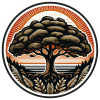

- 23 Resources
- 64 Discussions
- 31 Groups
Aeracoop & Dronecoria
Computer engineer, Drone Pilot, Seed researcher, Wild Tech Maker





- 3 Resources
- 37 Discussions
- 11 Groups
- @bdmeuric
- | he/him
- 0 Resources
- 0 Discussions
- 4 Groups
- @joemuise
- | He/Him
I am a high school physics teacher who is always looking for interesting ways to engage students. This sometimes spills over to other fields where I can find applications of physics. I am currently working with a scientist on wavelength-specific light interactions with insects


- 0 Resources
- 4 Discussions
- 5 Groups
Ocean Science Analytics
Marine mammal ecologist and online technical trainer



- 1 Resources
- 41 Discussions
- 10 Groups
This course was developed by Code for Africa in partnership with the BBC Media Action with funding from the EU under the Confer project in association with Norcap and ICPAC to help communicate and report about climate...
21 July 2023
Renew Capital is sourcing startups for our next Super Angels Fund and we are hoping to close investments in 20 startups before the end of December 2023.
19 July 2023
Before we start. 1. I don't get paid for this. I think they just got plenty of best practices for us we can use to combat the biodiversity crisis. 2. What has plant meat to do with biodiversity? Actually, a lot....
7 July 2023
You are protecting & restoring nature, but no one cares. 4 hacks to change it. No matter if you do biodiversity monitoring, coral gardening, mangrove plantation, animal GPS tracking, rewilding, etc. you want...
30 June 2023
We've published a paper on the role of low-code Earth observation tools in the sustainability transition. It covers how different roles in a business like analysts and executives can benefit from this tech and how it...
30 June 2023
To keep creating this positive impact, you must learn to delegate tasks to others. Otherwise, you will crack or burn out. Here are 5 hacks for how to do it.
16 June 2023
I realized that many people struggle to understand what biodiversity is & why it is important. I also saw people like us struggle to rally people behind our cause. So I created this doc.
23 May 2023
The new role will support the growth of BioSciences’ new People and Nature Laboratory at UCL East through conducting cross-disciplinary research, teaching, outreach, and entrepreneurial activities in applied ecological...
16 May 2023
Article
The MOOC TECH will introduce the context of technologies applied to conservation, existing techniques, prerequisites for their implementation, their scientific and / or technical basis, their opportunities and...
6 April 2023
The Zoological Society of London, with the support of WILDLABS and the UK Space Agency, are proud to publish this new guide to satellite technologies for tracking wildlife.
17 February 2023
Consultancy opportunity at ZSL for an experienced monitoring specialist to support species monitoring in rewilding landscapes across Europe
31 January 2023
Drone Photogrammetry & GIS Intermediate Course


Drone Photogrammetry & GIS Intermediate Course
Drone Photogrammetry & GIS Intermediate Course
Drone Photogrammetry & GIS Advanced Course


Drone Photogrammetry & GIS Advanced Course
Drone Photogrammetry & GIS Advanced Course
Drone Photogrammetry & GIS Introduction (Foundation) Course


Drone Photogrammetry & GIS Introduction (Foundation) Course
Drone Photogrammetry & GIS Introduction (Foundation) Course
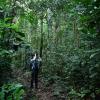



August 2025
event
September 2025
event
event
November 2025
event
February 2026
March 2026
August 2025
event
July 2025
10 Products
2 R&D Projects
20 Organisations
Recently updated products
Recently updated R&D Projects
Recently updated organisations
| Description | Activity | Replies | Groups | Updated |
|---|---|---|---|---|
| want to join 2025 contest for humpback whale photos in Juneo Alaska of Kelp |
|
Citizen Science, Conservation Tech Training and Education, Drones, Emerging Tech, Geospatial, Human-Wildlife Coexistence, Marine Conservation, Open Source Solutions | 1 day 13 hours ago | |
| This is awesome!! |
|
Conservation Tech Training and Education, Drones, Emerging Tech, Geospatial, Open Source Solutions | 2 days 5 hours ago | |
| Hi everyone!Sharing a Project Update here :)This past July, we successfully launched the expansion of our bee mapping work across the Peruvian Amazon with the support of WildLabs... |
|
Conservation Tech Training and Education | 6 days 5 hours ago | |
| Hello WILDLABS Community, Ocean Science Analytics recently launched an ocean-focused course for those interested in learning how to... |
|
Geospatial, Conservation Tech Training and Education, Early Career, Earth Observation 101 Community | 1 week ago | |
| 🐝 Apis Nomadica Labs: Mapping Royal Jelly Terroir Through Mobile Bee BiotechAbout Us:Apis Nomadica Labs is a mobile apiary research... |
|
Acoustics, Conservation Tech Training and Education, Animal Movement, Human-Wildlife Coexistence | 1 week 1 day ago | |
| Hi everyone,I’m currently developing a multilingual, offline-friendly training program called ConTech Curriculum, designed... |
|
Autonomous Camera Traps for Insects, Camera Traps, Conservation Tech Training and Education, Protected Area Management Tools | 1 week 5 days ago | |
| G-DiNC 2026: Global Drones in Nature Conservation Symposium & ExpoNairobi & Naivasha, Kenya | March 3–6,... |
|
Drones, AI for Conservation, Conservation Tech Training and Education, Emerging Tech, Marine Conservation, Sensors | 4 weeks 2 days ago | |
| Do you know a nonprofit or organization that is looking to work with students passionate about the environment? Code the Change... |
|
AI for Conservation, Citizen Science, Conservation Tech Training and Education, Open Source Solutions, Software Development | 1 month 1 week ago | |
| 15 years ago I had to rebuild the dams on a game reserve I was managing due to flood damage and neglect. How I wished there was an easier,... |
|
Drones, Conservation Tech Training and Education, Data management and processing tools, Emerging Tech, Geospatial, Open Source Solutions | 4 months ago | |
| Support the Cartographer Cause! Hi there,I am on a mission to empower children and communities through maps, GIS — helping people better... |
|
Climate Change, Community Base, Conservation Tech Training and Education, East Africa Community, Geospatial | 1 month 2 weeks ago | |
| Thank you for your comment Chris! Using these tools has made a huge difference in the way we can monitor and manage Invasive Alien Vegetation. I hope you are able to integrate... |
|
AI for Conservation, Citizen Science, Conservation Tech Training and Education, Drones, Geospatial, Human-Wildlife Coexistence, Open Source Solutions | 1 month 4 weeks ago | |
| Thank you for creating this post to gauge interest, Nabil! It sounds like this fits under the already existing eDNA & Genomics group. Curious to hear your thoughts! |
|
Conservation Tech Training and Education | 2 months ago |
Updates on Mole-Rat Mystery Drone Project
10 June 2025 10:21am
12 June 2025 11:33am
Thank you Elsa :)
14 August 2025 6:07am
want to join 2025 contest for humpback whale photos in Juneo Alaska of Kelp
WOOHOO ITS WORKING!! Tech finds undetected decades old Alien Invasive Parent Plants in indigenous forest!
24 July 2025 12:21pm
13 August 2025 2:06pm
This is awesome!!
Zimbabwe Shines: 5 Key Takeaways from Ramsar COP15
10 August 2025 11:56pm
Safeguarding Amazonian Stingless Bees
3 June 2025 1:10pm
9 August 2025 1:42pm
Hi everyone!
Sharing a Project Update here :)
This past July, we successfully launched the expansion of our bee mapping work across the Peruvian Amazon with the support of WildLabs. During our expedition, collectively with our team members we identified 38 stingless beehives representing several key species, strengthening our database for conservation planning.
We also led capacity-building workshops for 25 Indigenous men, women and youth on stingless beekeeping, habitat monitoring, and GPS-based data collection. These sessions are part of our broader effort to integrate technology with traditional knowledge and to equip the next generation of conservation leaders.
Also we are very happy to share that our pilot work in the Junín region has now been published in the Journal of Ecology and Environment (link), providing a scientific foundation for the methodologies we are now scaling to new regions.
With each expedition, we are building not only a clearer picture of where Amazonian stingless bees live and the threats they face, but also a strong network of Indigenous scientists and community conservationists who will safeguard this knowledge and these species for the future. This is strengthened with the co-creation of a Biocultural Community Protocol together with our Indigenous partners and environmental lawyer partners (Earth Law Center) which will continue to gather key data and knowledge to serve as the basis for bee and ecosystem protection.
For our pilot work (recently published), we used ARCGIS to map the wild beehives identified, and overlaid national deforestation data to understand the risk endangering bees. For this next-phase, that incorporates multiple regions and thus allows us to look at climate impact, we aim to go even further. We would love to get anyone's thoughts and inputs on this, so we can empower more Peruvian local youth to lead this impactful science work!
Thank you!
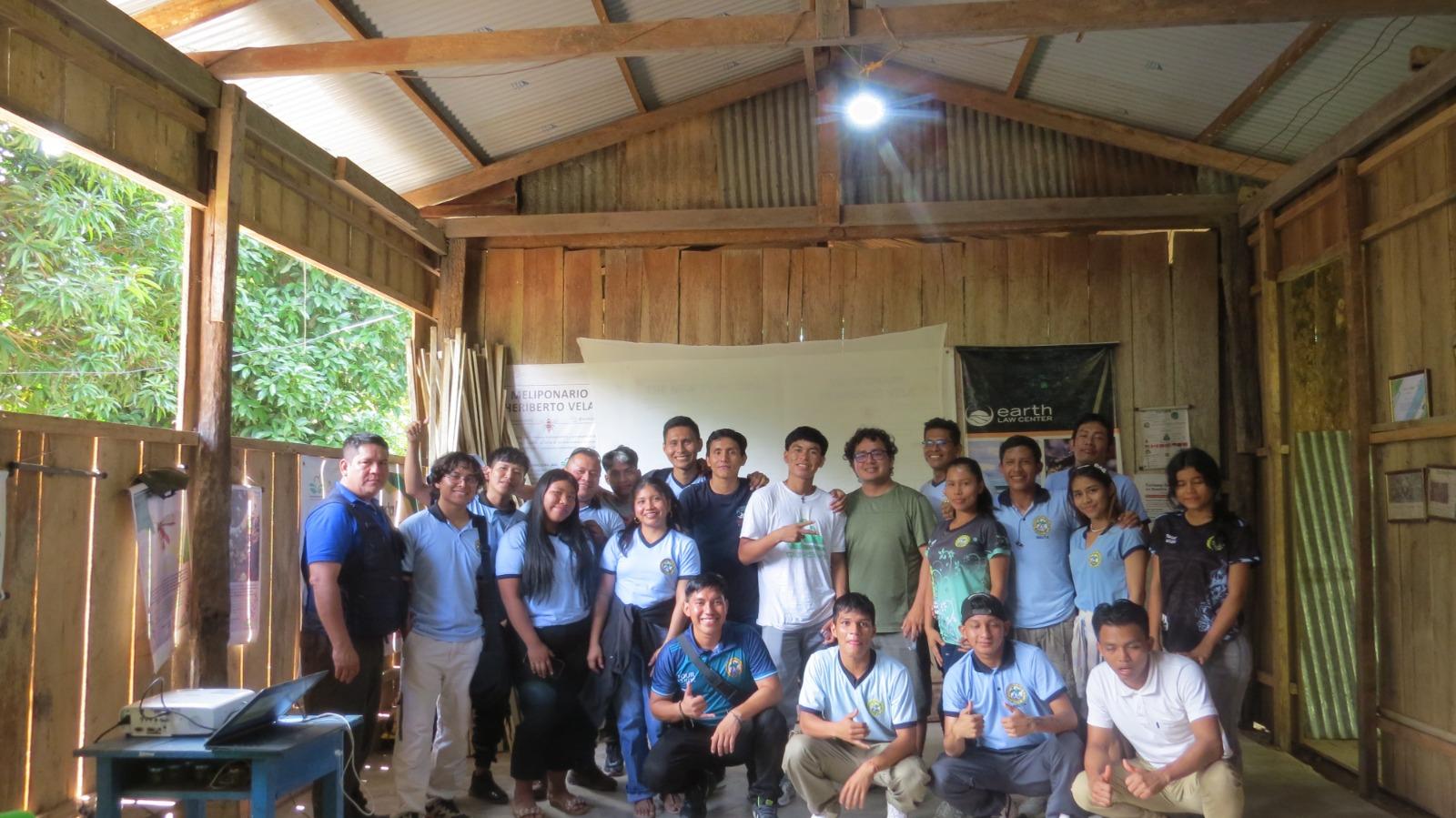
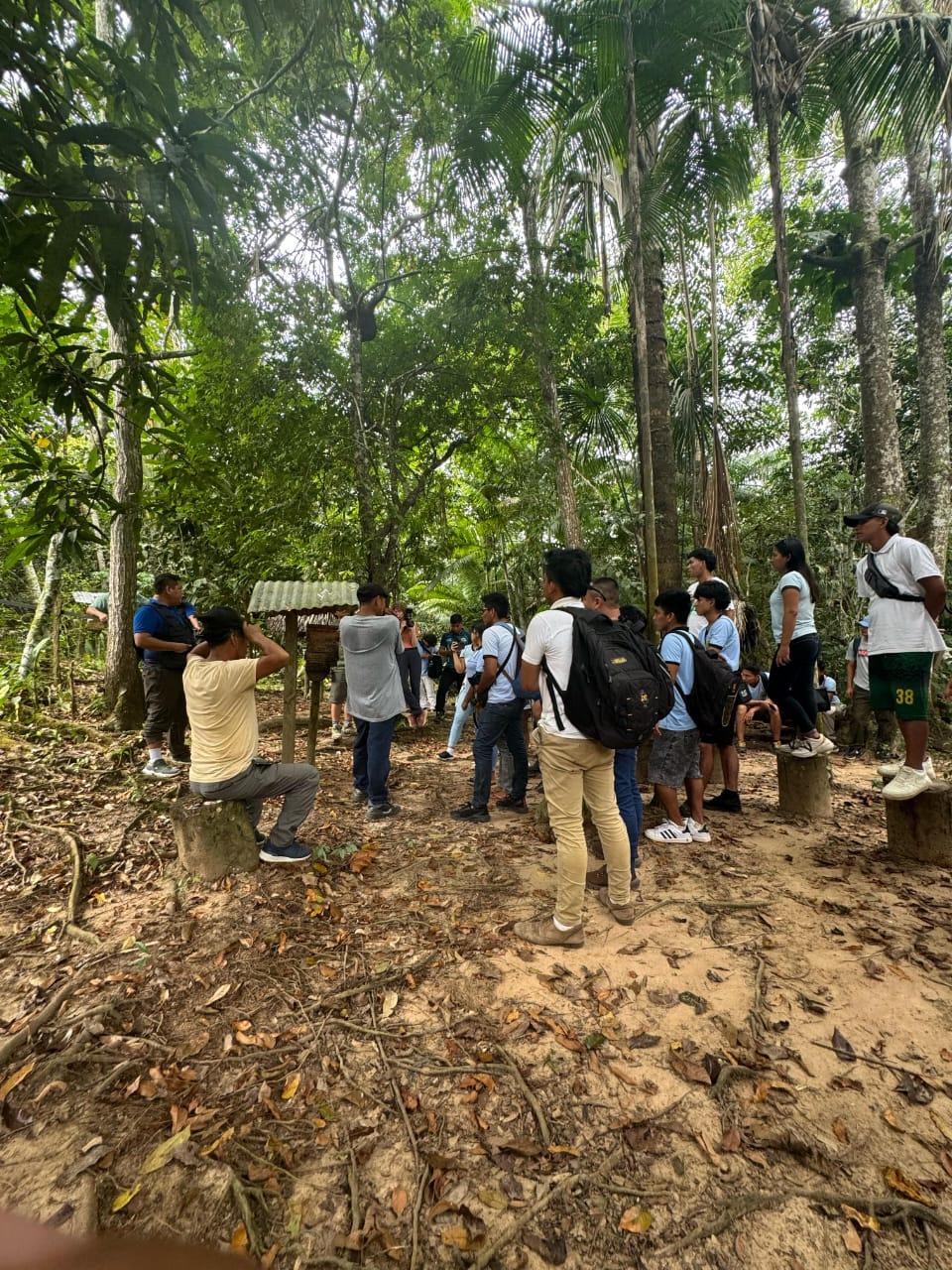
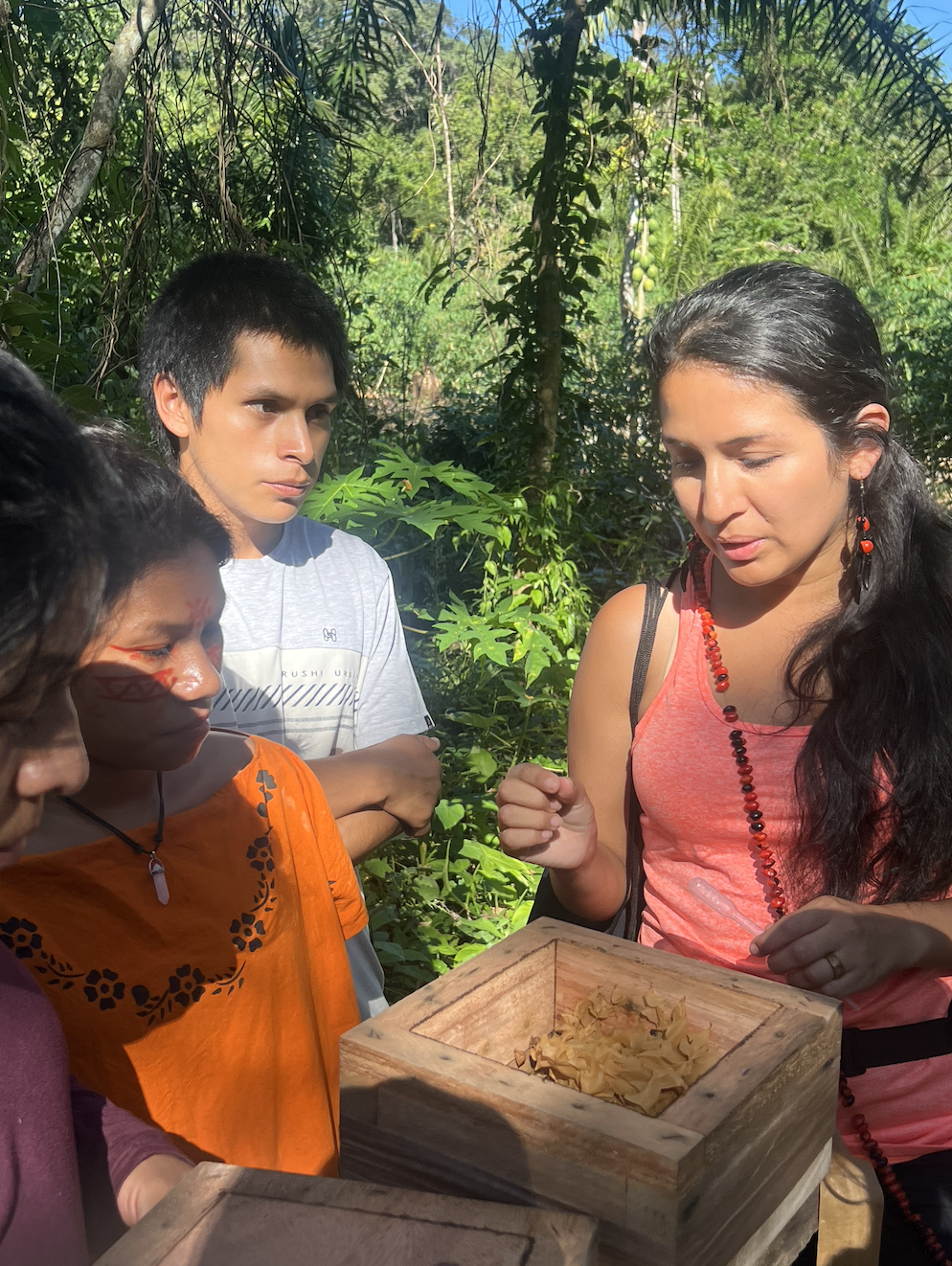
Rosa
Online Ocean-Focused GIS Course
8 August 2025 2:53pm
Apis Nomadica Labs: Mobile Bee-Search for the Future of Food & Medicine
7 August 2025 8:23am
Tech4Nature Presents: 2025 Innovation Challenge Workshop Series - Registration Now Open!
6 August 2025 5:09pm
Tech4Nature Presents: 2025 Innovation Challenge Workshop Series - Registration Now Open!
6 August 2025 5:09pm
Tech4Nature Presents: 2025 Innovation Challenge Workshop Series - Registration Now Open!
6 August 2025 5:08pm
Collaborate on Conservation Tech Publications With HAAG
5 August 2025 11:46pm
The RCoE Geoportal
5 August 2025 9:33pm
Seeking Feedback: Offline-Friendly Conservation Tech Training for African Farmers and Youth
3 August 2025 12:17pm
Alligning conservation efforts
30 July 2025 11:30am
1 August 2025 9:55am
Women Conserving Southern Africa
25 July 2025 8:07am
MS and PhD Opportunities in Ocean Engineering and Oceanography (Fall 2026)
24 July 2025 5:55am
Executive Director for the Open Science Hardware Foundation
19 July 2025 2:15pm
G-DiNC 2026: Global Drones in Nature Conservation Symposium & Expo
16 July 2025 10:18am
G-DiNC 2026: Global Drones in Nature Conservation Symposium & Expo
16 July 2025 10:11am
Tech for Impact Collaboration
2 July 2025 3:41am
Applying Open-Source Computer Vision Models to Camera Trap Images
1 July 2025 11:01pm
Off-The-Shelf Drones & Open Source GIS Software for Dam Site Surveying?
15 April 2025 3:57pm
Support the Cartographer Cause!
27 June 2025 11:45am
Drone Photogrammetry & GIS Advanced Course
 Sean Hill
and 1 more
Sean Hill
and 1 more
24 June 2025 9:31am
Drone Photogrammetry & GIS Intermediate Course
 Sean Hill
and 1 more
Sean Hill
and 1 more
24 June 2025 9:31am
Imageomics FuncaPalooza 2025
17 June 2025 6:21pm
How drones, AI & Open Source Software are being used to combat Alien Invasive Plants in South Africa
2 June 2025 10:08am
7 June 2025 9:36pm
Hi Ginevra, thank you! Its such a huge advantage to have tech tools available to us in conservation. Not just from an analysis point of view but also from a practical application view😊
17 June 2025 1:26am
Aloha, this is a great project. Thanks for sharing. I have been looking for ideas to integrate machine learning with some of the conservation work we are engaed in here on Kauai. Thank you
17 June 2025 11:00am
Thank you for your comment Chris! Using these tools has made a huge difference in the way we can monitor and manage Invasive Alien Vegetation. I hope you are able to integrate similar systems with your projects there. If you need any help, feel free to reach out!
New Group Proposal: Bioinformatics for Conservation – Interested in Joining?
6 June 2025 7:28pm
11 June 2025 5:48pm
Thank you for creating this post to gauge interest, Nabil! It sounds like this fits under the already existing eDNA & Genomics group. Curious to hear your thoughts!
R as a Mini GIS: Build Interactive Maps from Scratch
5 June 2025 4:47pm
Apply for Free Access to Nature FIRST Conference (innovative solutions for biodiversity monitoring and human-wildlife coexistence)
22 May 2025 2:37pm
28 May 2025 4:20pm
Nice!
Thought I'd mention that Wildlife Security Innovations will have a booth there, demonstrating our new multi-camera, local AI camera trap that supports miniature high resolution thermal modules. I will be bringing these along.
31 May 2025 4:21pm
Hi
This is great!
So just to double check - there is no way to join online? I would love to be part of this conference.
Thanks, Els van Lavieren
Application deadline for Animove, 31May2025
27 May 2025 10:24am


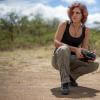





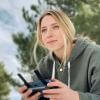
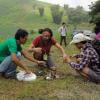
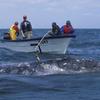














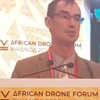










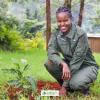



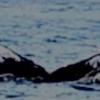




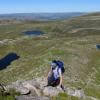






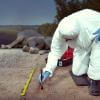

10 June 2025 6:04pm
Such a great case study!!